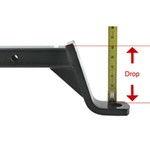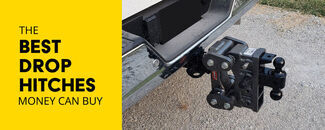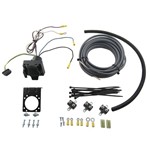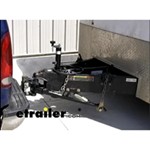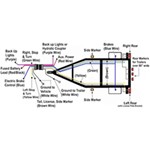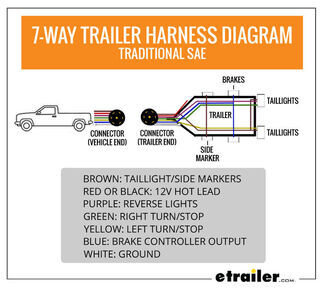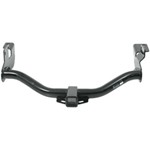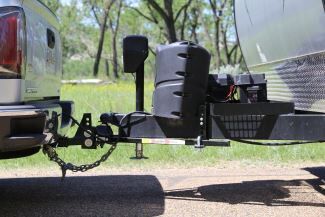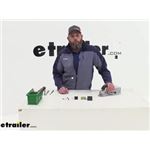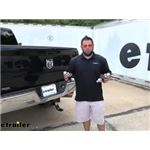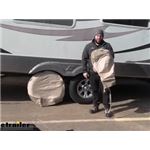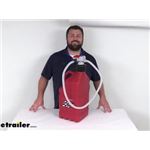Contact and Help
Very helpful/friendly Customer Service. Competitive Pricing. Shipping was Fast.
John
Mankato, MN
Choosing the Perfect Trailer Hitch Ball
Trailer hitch balls are essential for towing, providing a secure connection between your vehicle and trailer. When selecting a hitch ball, consider the size, shank length, and material to ensure compatibility with your towing setup. A well-chosen hitch ba
Yes, as long as the hitch ball matches the coupler size and the shank fits the hitch receiver. Some setups allow for easy switching between vehicles, making it versatile for different towing needs.
The shank length should be long enough to fit through your hitch receiver and allow for secure fastening with a nut. Measure the thickness of your hitch mount and add enough length for the nut and washer. A proper fit prevents the ball from loosening during towing.
Ensure the hitch ball is tightened to the manufacturer's specified torque, usually around 180 ft-lbs. Use a torque wrench for accuracy. Proper installation prevents the ball from loosening and ensures safe towing.
Trailer hitch balls are typically made from steel, stainless steel, or chrome-plated steel. Stainless steel offers excellent rust resistance, while chrome-plated steel provides a shiny finish. Choose based on your preference for durability and appearance.
The size of the trailer hitch ball depends on your trailer's coupler size. Common sizes are 1-7/8", 2", and 2-5/16". Check your trailer's specifications to match the correct ball size. Using the right size ensures a secure fit and safe towing.





 Filters
Filters












